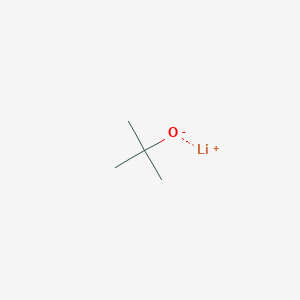Keeping chickens forever
In winter, maintaining indoor warmth while ensuring proper ventilation becomes a critical challenge. The temperature difference between the inside and outside of the chicken house is significant, so it's essential to manage both ventilation and insulation effectively. This balance is crucial for the health and survival of the flock. Especially for young chicks, which are highly sensitive to cold, it's vital to prevent them from being crushed due to low temperatures. Starting from day 6, ventilation should gradually increase as the chickens grow, helping to reduce harmful gas buildup. The bedding should be at least 5 cm thick to provide insulation and absorb moisture. Watering should be kept to a minimum, and wet areas or damp litter must be cleaned regularly. Using an ammonia deodorant can also help control air quality and improve the living environment.
Proper feeding is another key aspect of winter chicken care. It’s important to follow feeding guidelines tailored to each growth stage of the broilers. Feed should be fresh and not frozen, and if possible, warm water should be provided. The ingredients in the feed must be clean and free from mold to avoid respiratory issues. Maintaining good nutrition helps boost the immune system and supports healthy development.
Effective management plays a major role in preventing disease. Raising broiler chickens in cages with soft rubber padding on the bottom can prevent breast cysts caused by direct contact with sharp wires. Regular monitoring of temperature, humidity, lighting, and air quality is essential for disease prevention. A strict biosecurity protocol should be maintained, including regular cleaning, disinfection, and limiting access to the farm by outsiders. Monitoring the health of the flock and taking prompt action when diseases are detected are also important steps in maintaining a healthy environment.
Monitoring for disease outbreaks is equally important. Chickens should only be sourced from healthy farms to avoid vertical transmission of pathogens. A clean and well-managed environment, along with regular disinfection, helps prevent horizontal spread of diseases. Keeping track of nearby farms and regions for any signs of illness allows for early intervention. Dead birds should be disposed of properly, and sick birds must be isolated to prevent the spread of infection. Rodent control is also crucial, as they can carry and transmit diseases. Implementing a consistent sterilization and disinfection routine ensures a safer and healthier living space for the chickens.
CAS: 1907-33-1
MF: C4H9LiO
MW: 80.05
EINECS: 217-611-5
Mol File: 1907-33-1.mol

Lithium tert-butoxide Chemical Properties
Boiling point: 68-70 °C
Density: 0.89 g/mL at 20 °C
Fp: −2 °F
Storage temp: Flammables area
Solubility: Soluble in toluene, hexane, tetrahydrofuran and methyl tert-butyl ether.
Form: Liquid
Color: Brown
Specific Gravity: 0.89
Sensitive: Moisture Sensitive
Lithium Tert-butoxide Basic Information
Product Name: Lithium tert-butoxideCAS: 1907-33-1
MF: C4H9LiO
MW: 80.05
EINECS: 217-611-5
Mol File: 1907-33-1.mol

Lithium tert-butoxide Chemical Properties
Boiling point: 68-70 °C
Density: 0.89 g/mL at 20 °C
Fp: −2 °F
Storage temp: Flammables area
Solubility: Soluble in toluene, hexane, tetrahydrofuran and methyl tert-butyl ether.
Form: Liquid
Color: Brown
Specific Gravity: 0.89
Sensitive: Moisture Sensitive
Lithium Tert-Butoxide,Potassium Tert-Butoxide,Sodium Tert-Butoxide,Potassium Methoxide,Sodium Methoxide,Lithium Methoxide
Shandong YingLang Chemical Co.,Ltd , https://www.sdylhgtrade.com
